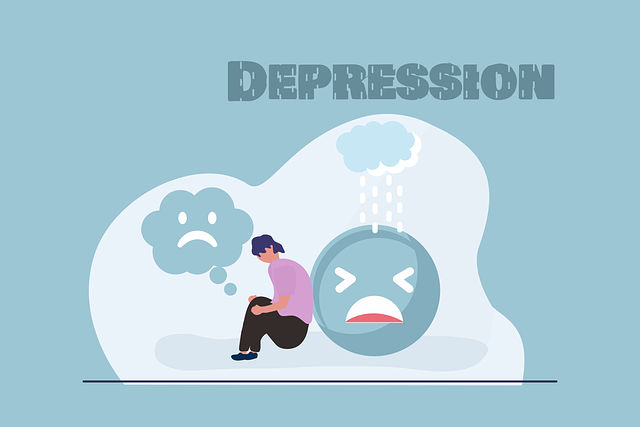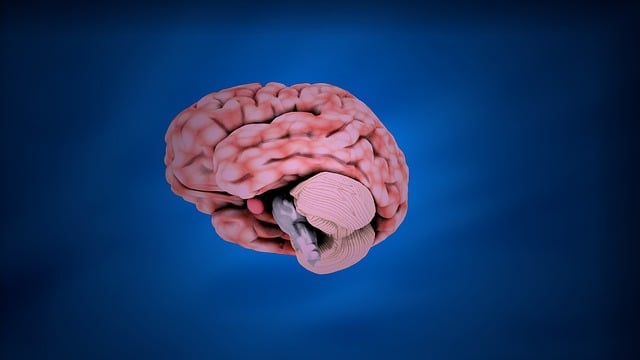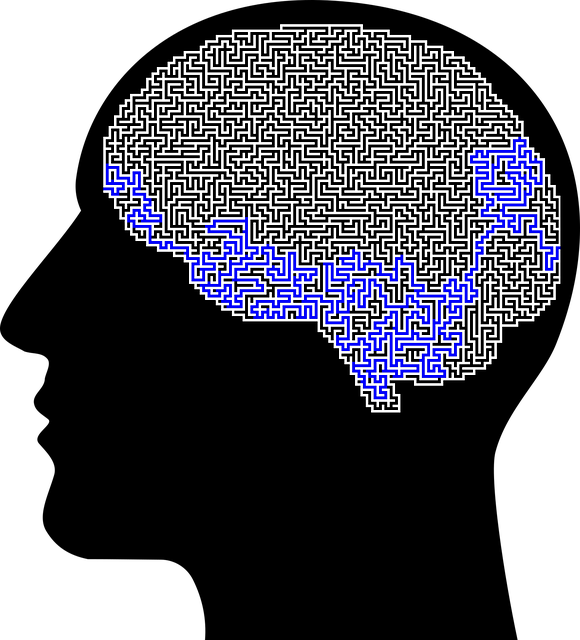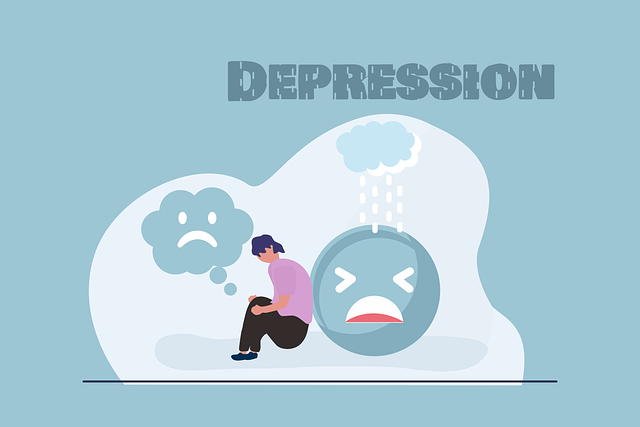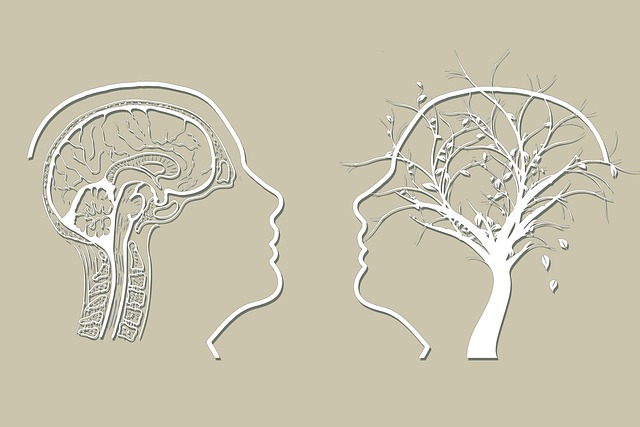Westminster Learning Disability Therapy (WLDT) offers a specialized, inclusive approach to mental health support for individuals with learning disabilities, combining evidence-based practices to enhance coping skills and anxiety relief. Its effectiveness is evaluated using standardized tools and surveys measuring depression prevention, anxiety reduction, and overall well-being. Qualitative methods, like in-depth interviews and self-awareness exercises, provide deeper insights into clients' experiences. Key metrics include changes in anxiety and depression symptoms (using BDI or GAD-7) and improvements in daily functioning. Incorporating stakeholder feedback through participatory methods ensures the program's impact on emotional regulation, resilience building, and emotional intelligence is fully understood, fostering a more inclusive and effective mental wellness initiative.
“Uncovering the effectiveness of mental wellness programs requires a multifaceted approach, especially when catering to individuals with learning disabilities. This article delves into evaluation methods that go beyond basic surveys, exploring both standardized tools and innovative techniques. We begin by dissecting Westminster Learning Disability Therapy as a foundational framework for understanding unique therapeutic needs. Subsequently, we navigate through qualitative insights, quantitative data analysis, and stakeholder feedback, providing a comprehensive guide to evaluating mental wellness programs.”
- Understanding Westminster Learning Disability Therapy: An Overview
- Assessing Mental Wellness Programs: Standardized Tools and Surveys
- Qualitative Evaluation Techniques for Deeper Insights
- Quantitative Data Analysis: Metrics and Measurements for Program Effectiveness
- Stakeholder Feedback and Participatory Methods in Program Evaluation
Understanding Westminster Learning Disability Therapy: An Overview

Westminster Learning Disability Therapy (WLDT) is a specialized approach that focuses on addressing the unique challenges faced by individuals with learning disabilities and their mental health concerns. This therapy model recognizes the importance of an inclusive, supportive environment tailored to each person’s needs. By incorporating evidence-based practices, WLDT aims to enhance coping skills development and provide anxiety relief for clients.
The cultural sensitivity in mental healthcare practice is a cornerstone of WLDT, ensuring that therapeutic interventions are respectful and accessible to diverse populations. This approach considers the impact of cultural background on mental wellness, allowing therapists to adapt their strategies for better engagement and outcomes. Through these comprehensive methods, WLDT strives to enable individuals with learning disabilities to navigate life’s challenges more effectively.
Assessing Mental Wellness Programs: Standardized Tools and Surveys

Evaluating mental wellness programs is a critical aspect of ensuring their effectiveness and impact on individuals’ lives. One of the most reliable methods involves utilizing standardized tools and surveys designed to assess various aspects of mental health. These instruments provide a structured way to gather data, offering insights into participants’ experiences and improvements. For instance, the Westminster Learning Disability Therapy program can benefit from employing established psychometric assessments to measure changes in symptoms, such as those related to depression prevention, anxiety reduction, and overall well-being.
Standardized surveys often include questions about emotional states, coping strategies, social interactions, and self-perceived quality of life. These tools are invaluable for comparing outcomes across different groups and over time. By using evidence-based assessment methods, therapists can objectively evaluate the success of their programs, identify areas for improvement, and adapt communication strategies to better serve individuals with learning disabilities. This data-driven approach ensures that mental wellness initiatives remain focused on boosting confidence and refining communication skills.
Qualitative Evaluation Techniques for Deeper Insights

Qualitative evaluation methods offer a powerful tool for understanding the nuanced experiences of individuals with learning disabilities within mental wellness programs. Techniques such as in-depth interviews, focus groups, and participant observation allow for rich data collection, providing deeper insights into users’ perceptions, feelings, and interactions with these programs. By facilitating open dialogue and encouraging personal narratives, methods like self-awareness exercises can help uncover the emotional journeys of participants, including their challenges, triumphs, and overall program satisfaction.
For instance, at Westminster Learning Disability Therapy, qualitative evaluations have played a pivotal role in refining their mental health education programs design. Through these methods, therapists gain valuable insights into the lived experiences of clients, enabling them to adapt strategies, enhance therapeutic techniques, and tailor interventions to meet diverse needs. Furthermore, integrating self-awareness exercises into the evaluation process empowers individuals with learning disabilities to reflect on their mental health journeys, fostering greater autonomy and self-advocacy, which is crucial for long-term wellness and successful navigation of mental health policy landscapes.
Quantitative Data Analysis: Metrics and Measurements for Program Effectiveness

Evaluating the effectiveness of a mental wellness program requires an in-depth look at quantitative data. This involves assessing key metrics that capture the program’s impact on participants’ mental health and well-being. For instance, tracking changes in symptoms, such as anxiety or depression levels, using standardized questionnaires like the Beck Depression Inventory (BDI) or Generalized Anxiety Disorder 7-Item Scale (GAD-7), can provide valuable insights.
Westminster Learning Disability Therapy might employ various measurements tailored to their client population. This could include assessing improvements in daily functioning, social interactions, and quality of life using specific tools designed for individuals with learning disabilities. For example, the Mental Wellness Journaling Exercise Guidance can offer a structured way to track mood management over time, enabling therapists to identify patterns and make data-driven adjustments to treatment plans.
Stakeholder Feedback and Participatory Methods in Program Evaluation

Incorporating stakeholder feedback and participatory methods is a vital aspect of evaluating mental wellness programs like those offered by Westminster Learning Disability Therapy. These approaches ensure that the program’s effectiveness is measured from diverse perspectives, fostering inclusivity and validity in the evaluation process. By actively involving individuals with learning disabilities, their caregivers, therapists, and other experts, the program can gain deeper insights into its impact on emotional regulation, resilience building, and emotional intelligence – key areas of focus for mental wellness.
Participatory methods encourage open dialogue and collaboration, allowing stakeholders to share their experiences, expectations, and suggestions directly. This collaborative evaluation enables a more nuanced understanding of the program’s strengths and areas for improvement. For instance, feedback can highlight innovative practices that enhance engagement or specific challenges faced by participants, guiding adjustments to better cater to their unique needs. Such an inclusive approach not only strengthens the program but also promotes a sense of ownership and empowerment among those it serves.
The evaluation of mental wellness programs, particularly those employing innovative approaches like Westminster Learning Disability Therapy, is a multifaceted process. By combining standardized tools, qualitative insights, and quantitative data analysis, we can gain a comprehensive understanding of program effectiveness. Incorporating stakeholder feedback and participatory methods further enriches the assessment, ensuring that all perspectives are considered. This holistic evaluation approach is essential for refining programs, improving outcomes, and fostering better mental wellness in individuals with learning disabilities.


